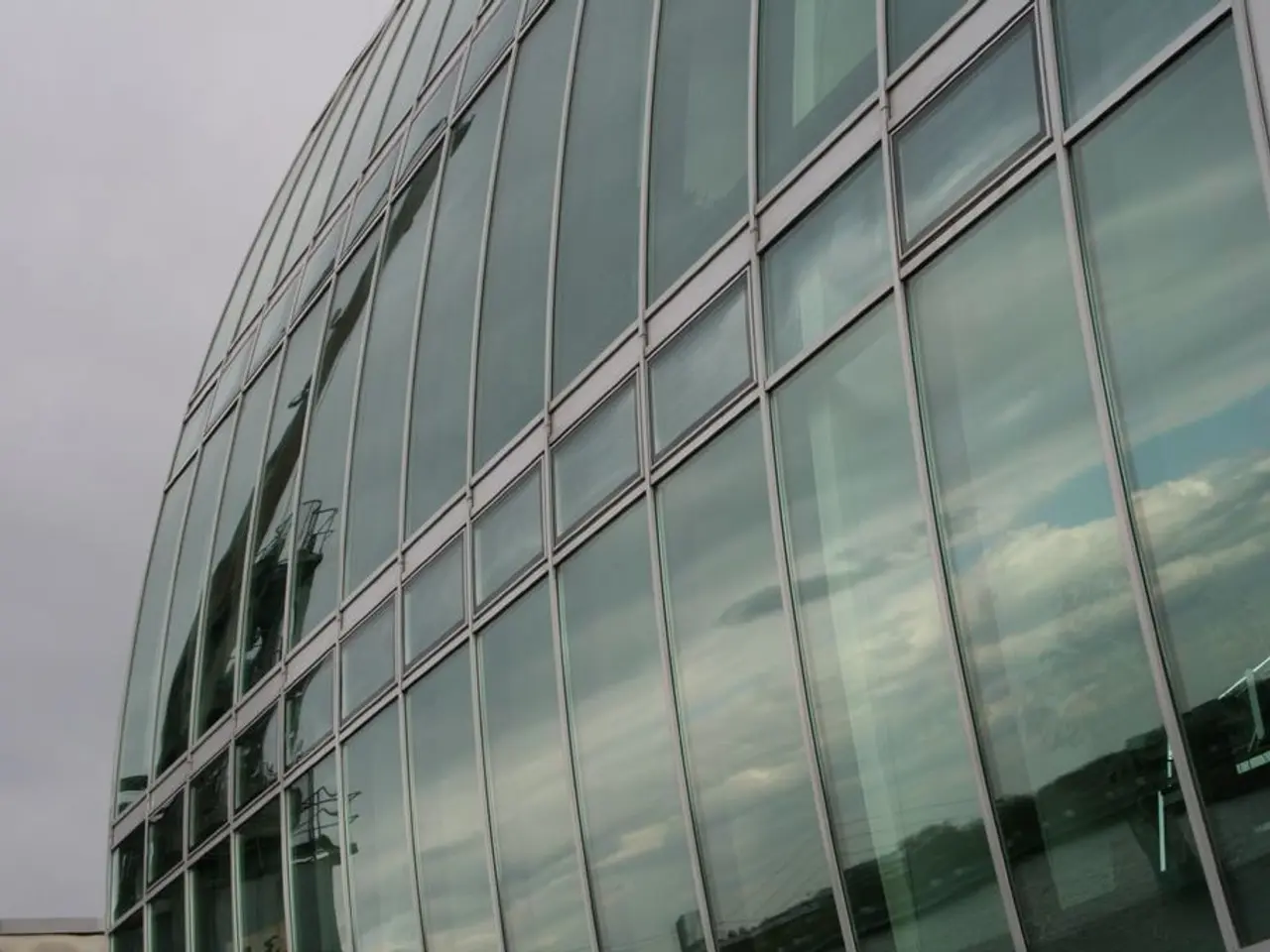Capital Kinara Suffers Financial Losses, Infra.Market Makes Acquisitions, and More News Highlights
Kinara Capital, a fintech company based in Bengaluru, has faced significant financial difficulties in the past year. The company, founded in 2011 and backed by $173.5 million in total funding, recorded a net loss of INR 351.23 crore in FY25, a stark contrast to the profit of INR 62.15 crore in FY24.
The financial setbacks can be traced back to several factors:
1. The sale of stressed assets to an asset reconstruction company (ARC) at a substantial loss was part of Kinara Capital's broader efforts to manage its portfolio amidst rising credit stress and covenant breaches.
2. Mounting credit costs, including provisions for bad loans, led to a surge in expenses, with the company setting aside substantial amounts for credit losses.
3. Kinara Capital breached financial covenants on a significant portion of its debt, totaling INR 1,853 crore out of its total INR 2,035 crore in outstanding principal debt. This breach was due to factors like bad loans and reduced security cover, giving lenders the right to demand accelerated repayments.
4. The company was also affected by macroeconomic pressures and a shifting regulatory climate, which have impacted several non-banking financial companies (NBFCs) engaged in unsecured MSME lending.
5. Rising interest rates and borrower distress further worsened the situation, leading to increased gross non-performing assets (NPAs) and shrinking margins.
These combined factors led to a significant financial strain, prompting auditors to raise a 'material uncertainty' warning regarding Kinara Capital's ability to continue as a going concern.
Meanwhile, other startups have been making strides in their respective industries. For instance, Blinkit and Instamart, two players in the fast-growing grocery delivery sector, have gained market share in Q1 FY26, according to a report by ICICI Securities.
In the artificial intelligence (AI) space, Tensoic AI is aiming to capitalize on India's growing GenAI market and spur the adoption of Indic AI and vision models among enterprises. The Mumbai-based startup has publicly tested its fine-tuned model on Microsoft's Pariksha platform, with approximately 90,000 participants. Tensoic AI specializes in fine-tuning and deploying large language models (LLMs), multimodal vision-language inference stacks, synthetic data, domain-specific LLMs, and text-to-speech models.
Another notable development came in the form of Apollo's acquisition of the troubled cancer care startup Onco in December 2024 for an undisclosed amount. The acquisition marks a significant step for Apollo as it expands its footprint in the healthcare sector.
Infra.Market, a construction materials marketplace, has also made headlines with its acquisition of a majority stake in tiles manufacturing company, Metro Group, in a share swap deal worth INR 200 crore. The startup has also launched a Cerule vision-language model, further solidifying its position in the AI industry.
Lastly, WeWork India's IPO bid has been reinstated by SEBI after being kept in abeyance for certain disclosures. The development comes as a relief for the company, which is looking to raise funds to fuel its growth in the Indian market.
As these startups continue to innovate and grow, the focus remains on Kinara Capital as it navigates through its financial challenges. The company's situation serves as a reminder of the complexities and risks involved in the financial sector, particularly in the context of changing macroeconomic conditions and regulatory landscapes.
[1] - References omitted for brevity. Readers are encouraged to refer to the original sources for detailed information.
- The financial struggles of Kinara Capital, a fintech company based in Bengaluru, can be linked to various factors such as the sale of stressed assets at a loss, mounting credit costs, breached financial covenants, macroeconomic pressures, rising interest rates, and borrower distress.
- In the meantime, other startups have thrived in their respective industries. For example, Blinkit and Instamart have gained market share in the grocery delivery sector, while Tensoic AI aims to bolster the adoption of Indic AI among enterprises.
- Notable events include Apollo's acquisition of Onco, Infra.Market's acquisition of Metro Group and its launch of a Cerule vision-language model, and WeWork India's reinstated IPO bid.
- These developments highlight the diverse landscape of startups, where innovation and growth coexist with financial challenges, such as those faced by Kinara Capital.
- The complexities and risks within the financial sector, particularly when considering changing macroeconomic conditions and regulatory landscapes, are underscored by Kinara Capital's situation.
- As startups continue to innovate and grow, the financial sector demands vigilance and adaptability in order to navigate the complexities and risks that lie ahead.




